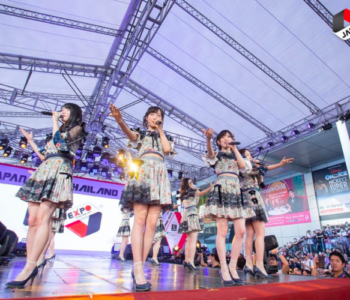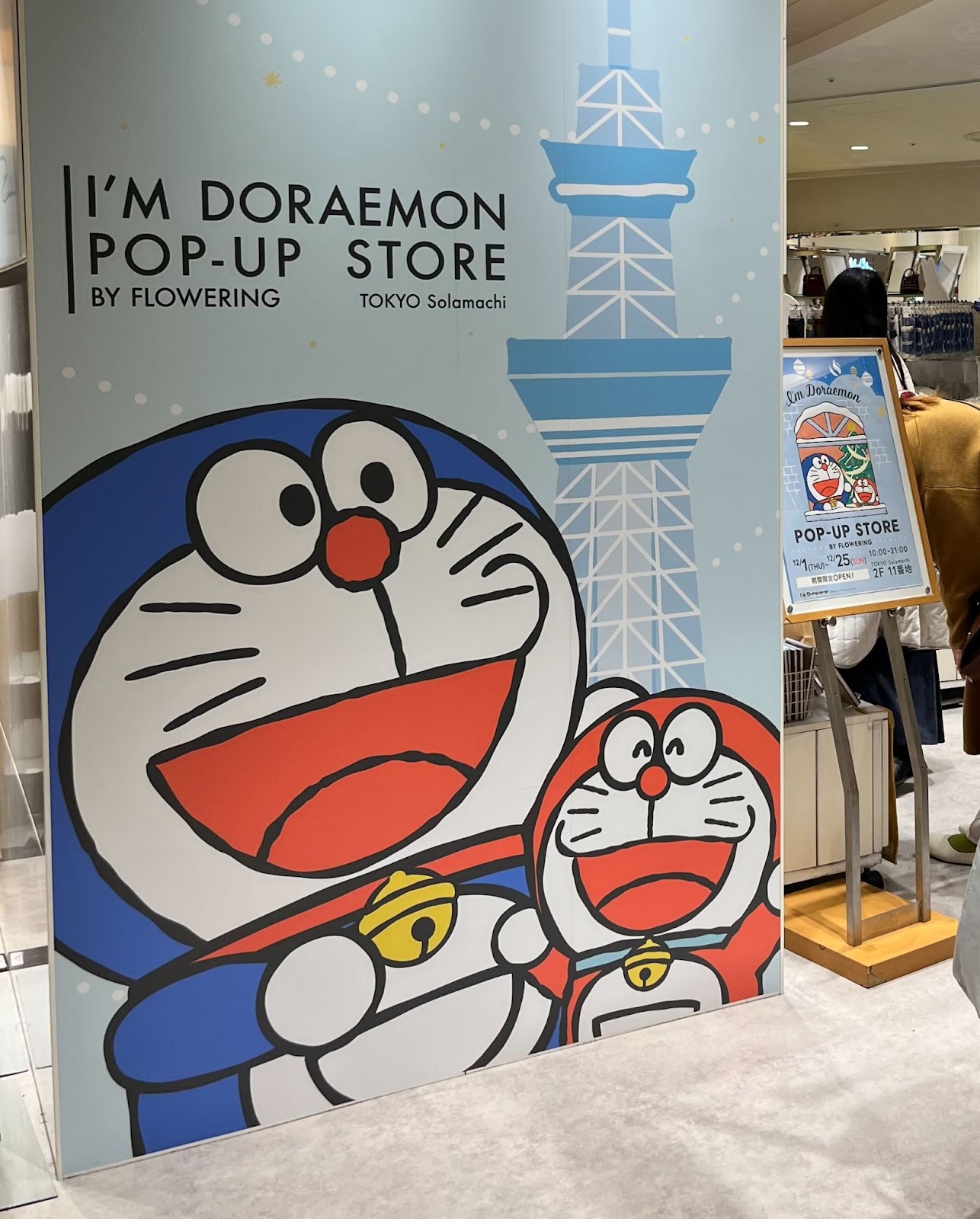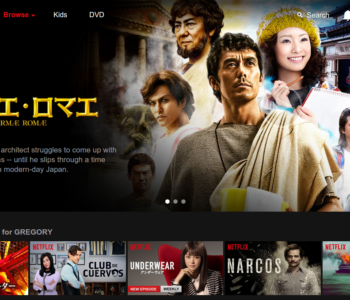 Business
Business
Japan’s NFT and Blockchain Gaming Space: Developments and Obstacles
By Samuel Arnold-Parra
You may have heard of “NFT”s by now. In this article, we will explain what the NFT market is like in Japan.
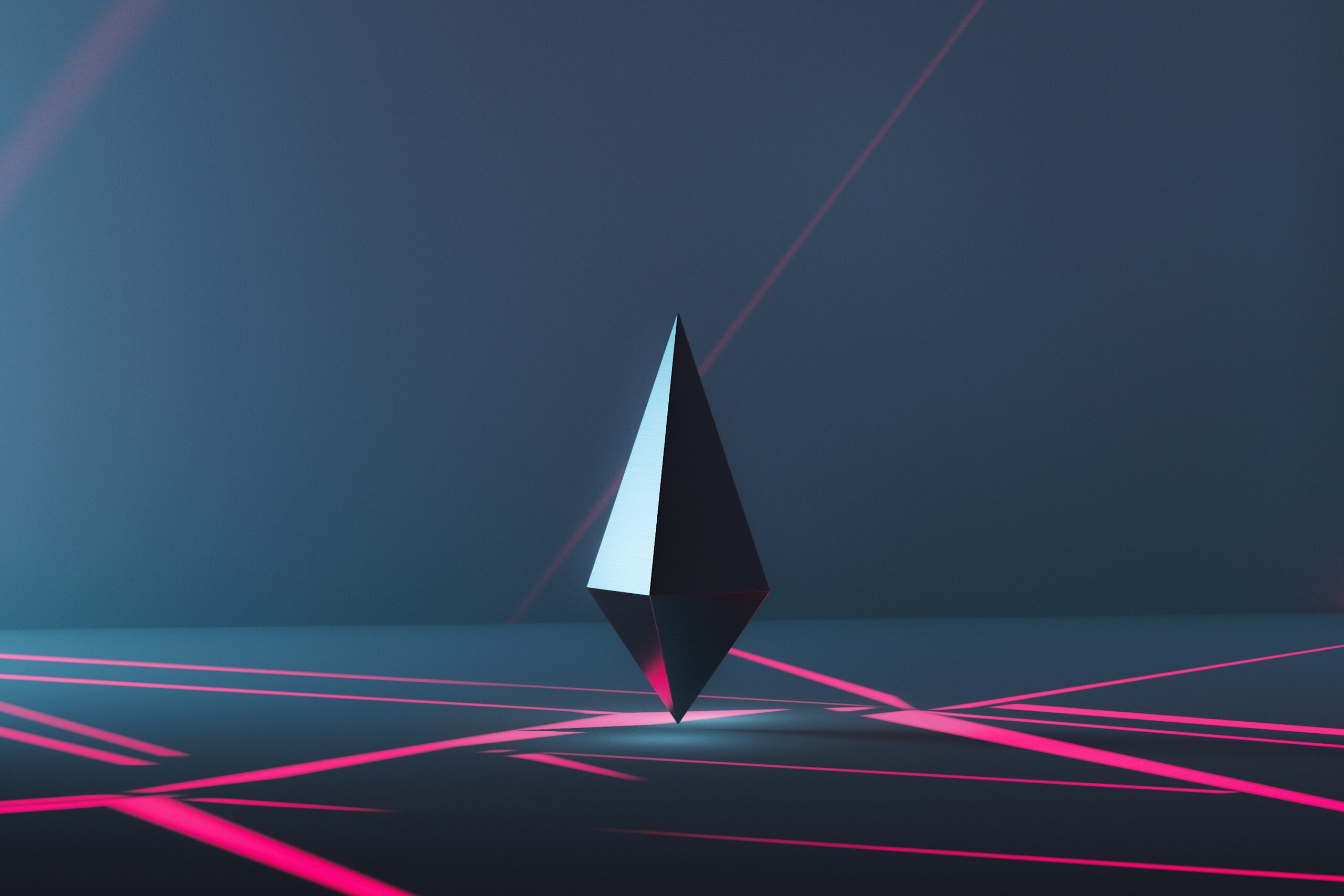
A Brief Explanation of NFTs and Blockchain Games
Non-Fungible Tokens (NFTs) are digital assets with unique identifiers, backed by a smart contract as part of a blockchain platform like Ethereum (ETH). Effectively any digital asset, from a work of art to a title deed, has the potential to be ‘tokenized’ and become an NFT on a blockchain. The NFT’s unique identifier, combined with the blockchain’s nature as an immutable ledger of transactions, allows for the digital asset’s creation and ownership to be reliably tracked. It is for this reason that NFTs have become particularly attractive in digital art spaces, as they allow individuals to prove their creation of a specific artwork and transfer ownership over it in a similar way to physical art.
Blockchain games leverage NFTs and the transparency which smart contracts can afford in order to enhance trust in game systems and generate a dynamic player-led economy. In many conventional online games, in-game assets cannot be traded or are otherwise inextricably connected to a specific game. Using NFTs, players can definitively own the items they obtain in a game and freely trade them on platforms like OpenSea, increasing the potential for players to generate income from their play time. This also permits developers to provide appealing incentives for player loyalty and participation.
Japan’s NFT and Blockchain Gaming Space
Japan’s domestic NFT market has ballooned since the start of 2021. Coincheck, a major domestic cryptocurrency exchange, started operating an NFT marketplace on 24th March this year which gained over 12,000 users in the span of its first week. Coincheck was not alone as March also saw the launch of nanakusa, another NFT marketplace with a more explicit emphasis on art. Prominent firms like LINE and Rakuten have also begun moves into the space, expanding the potential scope of Japan’s NFT market to millions of these firms’ existing users. Japan also saw an NFT milestone in the form of its first NFT art auction on 30th October. Featuring works by notable digital artists, the auction saw pieces sold for between 50 thousand JPY and 7.3 million JPY, indicative of the potential of NFTs for Japan’s art space.
Japanese blockchain games have also seen lucrative sales in conjunction with the growth of Japan’s wider NFT sphere. Commemorating the launch of its NFT platform, Coincheck collaborated with the blockchain card game Crypto Spells in the sale of 19 card NFTs, all of which were sold in the span of 6 minutes. These cards were each sold for 1.5 ETH or approximately 30 thousand JPY at the time of sale, suggestive of the growing interest in NFT game assets.The top 2 Japanese blockchain games by daily average users are Brave Frontier Heroes and My Crypto Heroes; Brave Frontier Heroes in particular regularly sees thousands of users per day. Both games are developed by doublejump.tokyo, arguably Japan’s leading blockchain game development studio. Beyond games themselves, in 2019 doublejump.tokyo released MCH+, a service to assist the development of blockchain games. This service has seen limited use, most notably by the aforementioned Crypto Spells and the blockchain game ‘CHOJO -CryptoGirlsArena-‘. Nevertheless, doublejump.tokyo’s efforts to support the growth of Japan’s blockchain game ecosystem hold promise for the future.
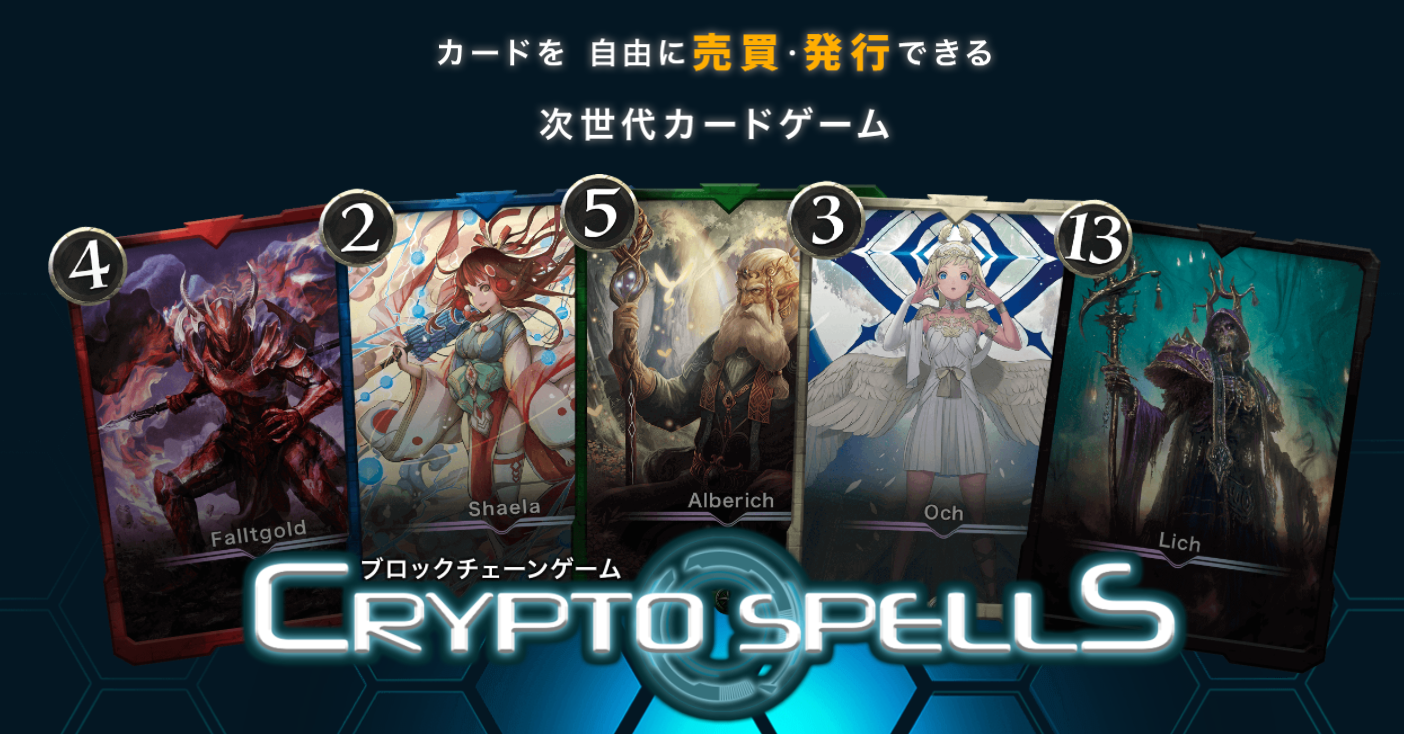
Conventional gaming firms considering entering the blockchain games sphere must consider the distinct characteristics of blockchain games and how to handle their digital assets. Given the nature of both NFTs and cryptocurrencies like Ethereum as tradeable digital assets, blockchain game developers must ensure the security of players’ assets and consider how their development and management decisions affect the value of players’ investments. My Crypto Heroes uses a scarce supply of the ‘Hero’ NFTs which are required to play as one means of promoting trade among players and appreciation of their investments over time. My Crypto Heroes has also encouraged player-led community building efforts by selling in-game land; in-game landowners receive a 30% cut of each ETH transaction made by players on their land, encouraging landowners to attract more players to the game.
Consequently, arguably more so than conventional games, it is important that blockchain game operators treat their players as key stakeholders and adopt an effective marketing and communications strategy towards prospects and their existing community.
NFTs and Blockchain Games: Potential Challenges
Companies and NFT artists may be interested in the potential the blockchain offers for royalties on NFT resales. However, Japanese law does not currently recognize an artist’s resale right, limiting the attractiveness and profitability of NFTs in this area. NFTs also currently occupy an unclear position where property rights are concerned, as Japanese property rights concern tangible objects rather than digital assets like NFTs. Consequently, the purchase of an NFT may not necessarily grant the buyer the right to commercialise their NFT without the permission of the original seller, who may hold copyright over the original image.
Blockchain games operating in Japan need to pay attention to Japanese law concerning gambling, which is a criminal offense. Many blockchain games incorporate elements of randomness, such as when determining the characteristics of newly generated NFTs. In the event that an NFT holds monetary value, games which permit players to destroy or otherwise exchange an NFT for the chance of gaining a more valuable one risk being classified as gambling and would face penalties. Legal concerns also exist surrounding game mechanics like login rewards, so companies must carefully consider game features and seek legal guidance in order to operate smoothly in the Japanese market.
Despite these and other challenges, there exist numerous opportunities in Japan’s NFT market, whether in terms of gaming or the digital art space. Japan poses a great opportunity for blockchain games tailored to mobile phones when one keeps Japanese mobile gamers’ high per capita spending in mind. Given the possible interoperability of NFTs between games, the growth of Japan’s blockchain gaming space is also a chance for Japanese and overseas blockchain developers to collaborate and expand their communities.
Samuel Arnold-Parra, Content Writer
Samuel is a freelance writer specializing in articles on Japanese economic and sociopolitical affairs. Leveraging his language skills and background in International Relations, Samuel publishes informative articles with the aim of deepening readers’ understanding of and interest in Japan. Besides Tokyoesque, Samuel has written for Global Risk Insights. He can be reached at samuelarnoldparra@gmail.com
Keep checking back or follow us on LinkedIn, Facebook or Twitter to get notified about our latest posts. We’ll be adding more articles on seasonal and cultural occasions in Japan, so watch this space!


